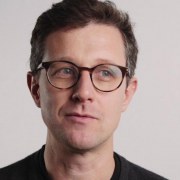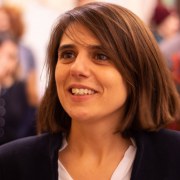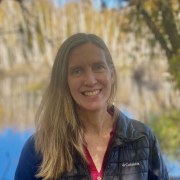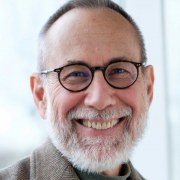Shared goals through community partnerships
Humanity faces many complex and dynamic problems, from global climate change to systemic racism and widening economic inequality. These challenges urgently cry for a culture of plural visions, diversity and shared goals. Museums, science centres, and other sites of informal and formal learning can play a role in creating such a culture through deep partnerships with communities, in which programmes are designed “with” communities instead of “for” them. Focusing on locally relevant socioscientific issues is a great way to launch these partnerships, whether the format is a citizen science programme, an exhibit, a summer programme, or a day-long family programme. In this session, participants will brainstorm issues of relevance in their own communities, hear from speakers about their experiences, then work in groups to think about the format that works best in their institutional contexts.
This session is part of the Equity and inclusion conference track.
Facilitator
Member of the Board of Directors of Ciência Viva /University Professor Astronomy & Society
Session speakers
Project Manager Open Science Hub Network
Maria Vicente will discuss how the Open Science Hub - Portugal programme partnered with researchers, farmers and nature conservationists to create together a platform that supports farmers in their decision-making by promoting local biodiversity and environmental sustainability, and how this community-based research project was the starting point for the development of education programs.
Science Education Faculty
University of Alaska Fairbanks
Laura Conner will discuss the NSF-funded SNAP-TEC program, which engaged communities and students around the issue of air quality in Fairbanks, Alaska. The project engaged students as researchers by guiding them in building low-cost air quality sensors, designing their own questions around air quality, and collecting their own data. The project leveraged the personal relevance of the topic to engage students, and focused on promoting student agency.
Visiting Professor Leiden University, Observatory Scientist Emeritus at NSF's NOIRLab
Stephen Pompea (Leiden University) will discuss a light pollution education program, “Dark Skies Energy Education: Energy Awareness for a Sustainable Future”, which engaged a community to focus on questions of their choice in energy conservation, impacts of light on wildlife, human health effects of excess light, and urban lighting safety issues. The program involved teachers, students, and informal educators in Yuma, Arizona, and led to the development of an international program developed during the International Year of Light and to the Dark Skies Teaching Kit which has been widely distributed worldwide.




